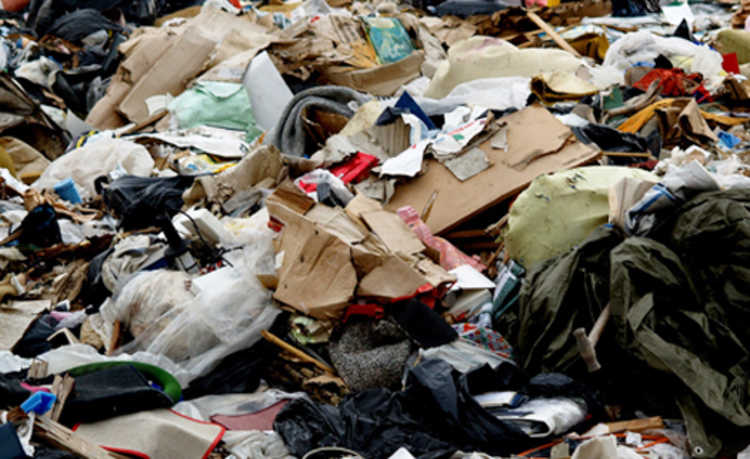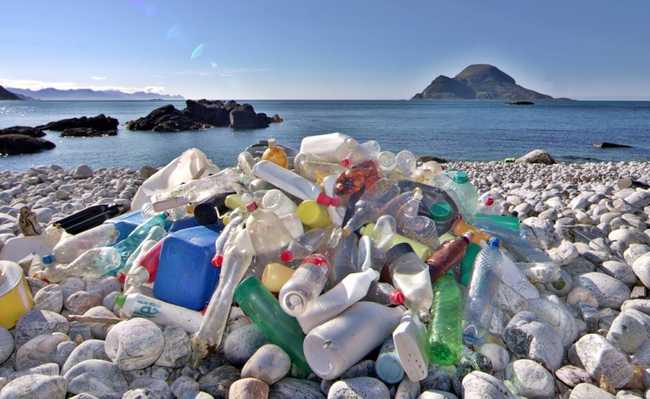Estimates show that the amount of waste produced in the world will be 70% higher in 2030
According to UNEP, the consequence of incorrect waste management can cause great harm to the population

The production of garbage in the world should increase from 1.3 billion tons to 2.2 billion tons by the year 2025, according to estimates by the United Nations Environment Program (UNEP). For the entity's specialists, the management of waste and the correct disposal of materials becomes increasingly essential for the world to move towards sustainable development.
According to professionals who participated in the Global Partnership on Waste Management (GPWM) meeting, held in Osaka, Japan, basic human needs, such as clean water and food security, may be under threat due to improper practices in waste management. That's because, according to estimates, the world's middle class will have grown from 2 billion to almost 5 billion, and with it, the effects of consumption habits, considering those currently practiced, irrationally harmful to the environment.
To intensify the problem, the waste collection and reuse system is one of the most expensive public services in the world, according to UNEP. However, there are possibilities for advancement. The director of the International Center for Environmental Technology (IETC), also linked to UNEP, Matthew Gubb, says that if the issue is handled correctly, waste management has enormous potential to turn problems into solutions and "lead the way to sustainable development" through the recovery and reuse of valuable resources. In other words, the economic use of waste may be the way forward.
PNRS
In Brazil, the National Solid Waste Policy (PNRS), which regulates correct disposal (ie, reverse logistics), is expected to be fully effective in 2014, compromising the various parties involved in the process. But it is already possible to dispose of your everyday objects in a conscious way: go to the eCycle Recycling Stations section.










